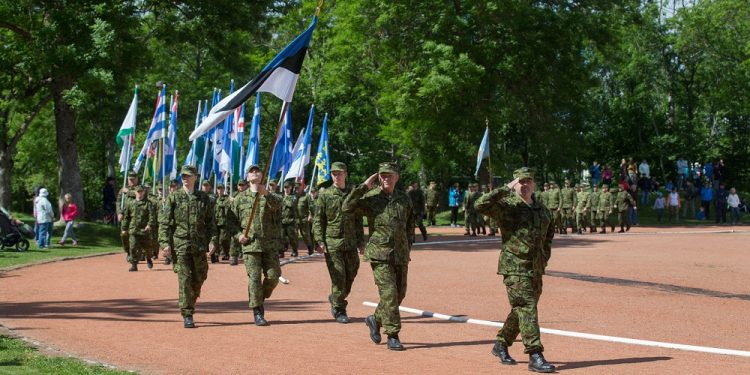
Victory Day in Estonia
Victory Day is a public holiday observed in Estonia every June 23rd. Also known as Võidupüha, this holiday is a day off for the general population, and most government offices and businesses are closed.
This holiday has been celebrated since the 1930s and commemorates the victory of the Battle of Võnnu in 1919, when Estonia and its allies defeated German forces attempting to exert control over the region. That battle, and ultimately the Estonian War of Independence, was won, directly resulting in the Treaty of Tartu.
The History Of Victory Day In Estonia
During the Estonian War of Independence, the Estonian government fought the Soviet Red Army and the Baltische Landeswehr, who sought to establish a United Baltic Duchy.
Fighting began on June 19th, and the combined force of the Kuperjanov Infantry Partisan Battalion, the 3rd Division, and the Latvian Northern Brigade held out for more reinforcements. On June 23rd, the combined contingent staged a counterattack, resulting in the recapture of the town of Cesis and an Estonian victory.
This victory was turned into a national holiday by the unicameral Parliament of Estonia on February 16, 1934. After the Soviet Union re-established its rule in Estonia, this holiday was banned. It was also banned by German forces occupying Estonia during World War II. In 1992, the celebration of this holiday resumed and has been celebrated ever since.
Observing Victory Day In Estonia
Military parades are often held on this day, with joint celebrations between the Estonian Defense Forces and the Latvian National Armed Forces. There is also the traditional lighting of a fire by the President of Estonia.
State flags are flown on this date, and speeches are given by political figures. The hashtags #Võidupüha or #EstonianVictoryDay can be used on social media when referring to this holiday.








